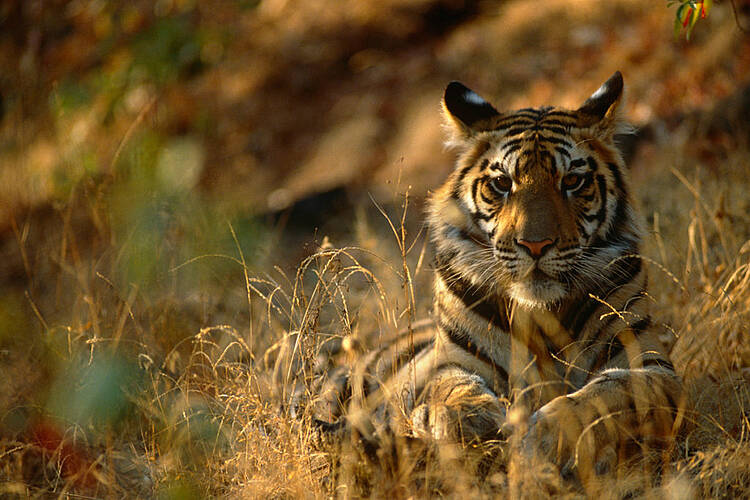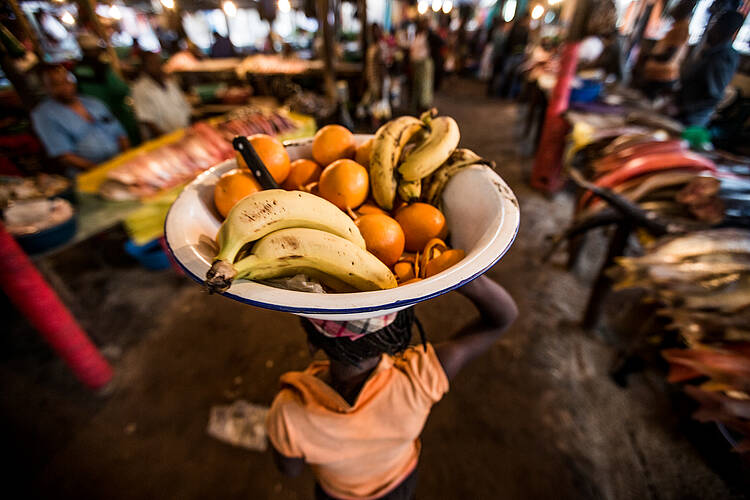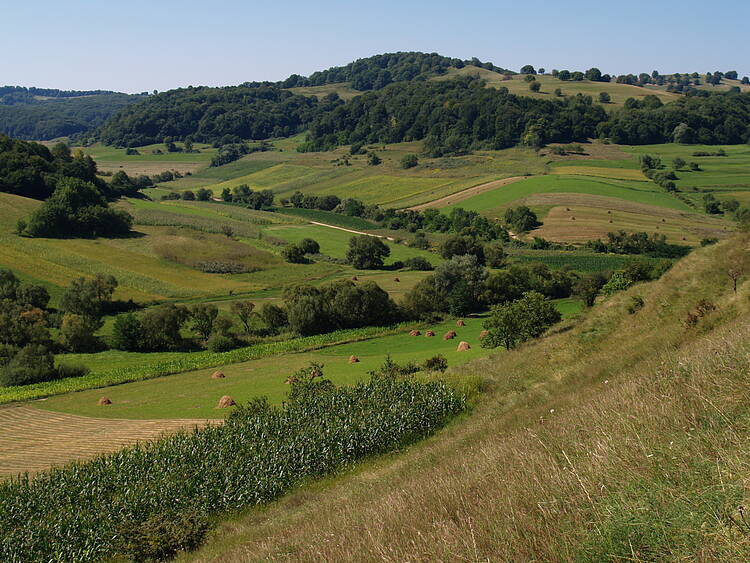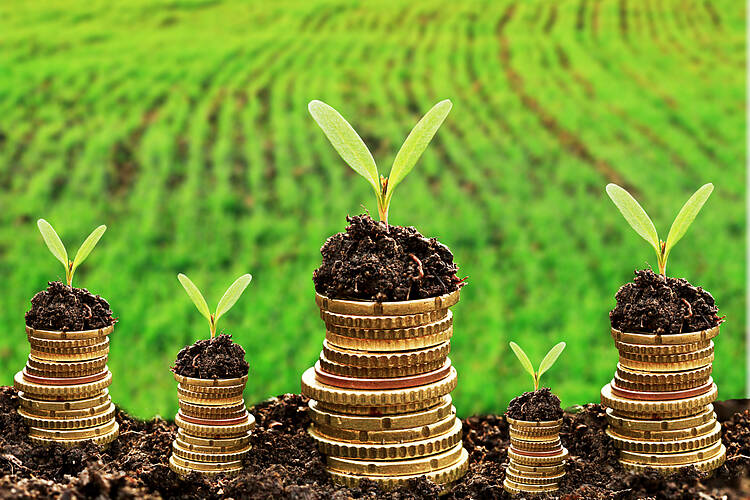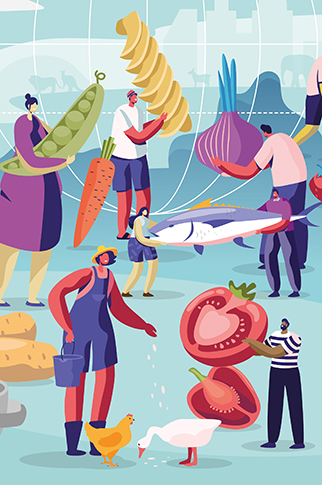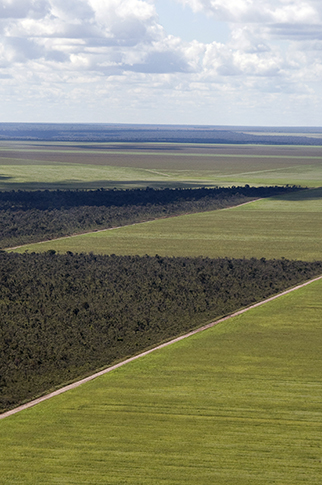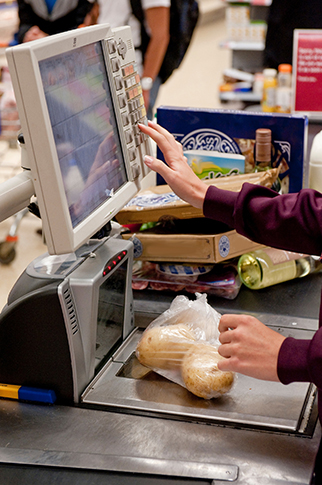How we produce and consume food is the biggest driver of nature loss and a major cause of greenhouse gas emissions. Unhealthy diets are leaving billions obese, overweight or ill, but nearly 830 million are still going hungry. Huge amount of the food we produce is going uneaten - a waste of natural resources, human labour and money. Neither planet nor people are being nourished.
And our food systems are fragile. Unsustainable production and consumption, and inefficient distribution, leave them exposed to disruption. Climate change and nature loss are reducing food security around the world, but so are pandemics and conflict.
It’s clear our food systems need to change – urgently – to work with the planet, not against it.
GET CEREAL IN YOUR INBOX
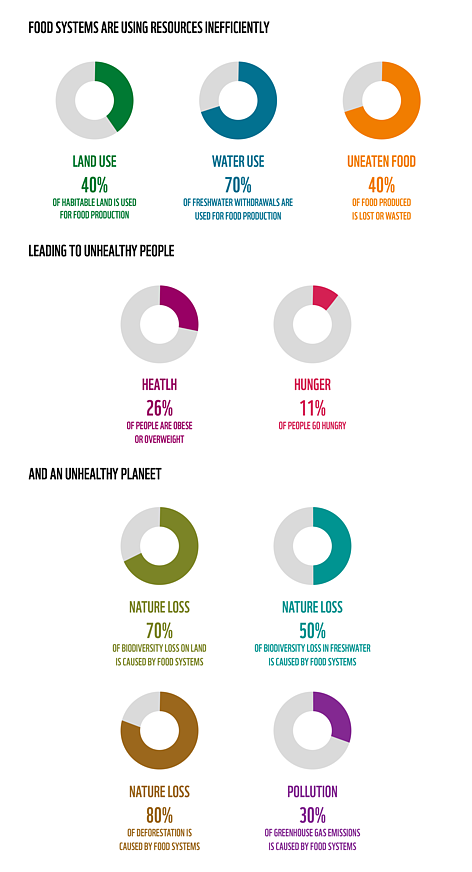 © WWF
© WWF
The good news is that food systems can be part of the solution – not just to hunger, but to the nature and climate crises.
By adopting nature-positive production practices, shifting to healthy and sustainable diets and radically reducing food loss and waste, we can build food systems that protect and conserve nature while providing everyone with nutritious food, now and in the future.
IN FOCUS - Closing the Gaps: A new concept to help stakeholders improve health and sustainability of national food systems by improving ambition, action and implementation
Transforming food systems is complex. It requires action at multiple levels - coming together to address global goals, building pathways at the national level, and equipping other actors (like cities, businesses and individuals) to make better and more sustainable choices.
We work with partners and stakeholders across food systems, using food to shape solutions to global issues like biodiversity, climate change and land use. Together we integrate action across several key areas of food systems, including nature-positive agriculture, healthy and sustainable diets, food loss and waste, blue foods and grasslands and savannahs. We support implementation in these key areas on the ground and with various groups, to deliver tangible results and accelerate food systems transformation.
Food intersects with most of the primary conservation issues. We work at the global level to shape agendas and ensure that food systems transformation is included as a solution to biodiversity loss, climate change and land-use change. We also focus on reshaping subsidies, incentives, taxes and investments, to shift away from encouraging harmful behaviours to rewarding healthy and sustainable practices.
Global targets for food systems transformation need to be downscaled to local contexts. Implementation will take place at the national and sub-national level. We take a food systems approach, working to scale nature-positive production, shift to healthier and more sustainable diets, and to eliminate food loss and waste. Our area-based conservation focuses on grasslands and savannahs, the ecosystems in which most food is produced - though they are often overlooked in conservation and transformation agendas.
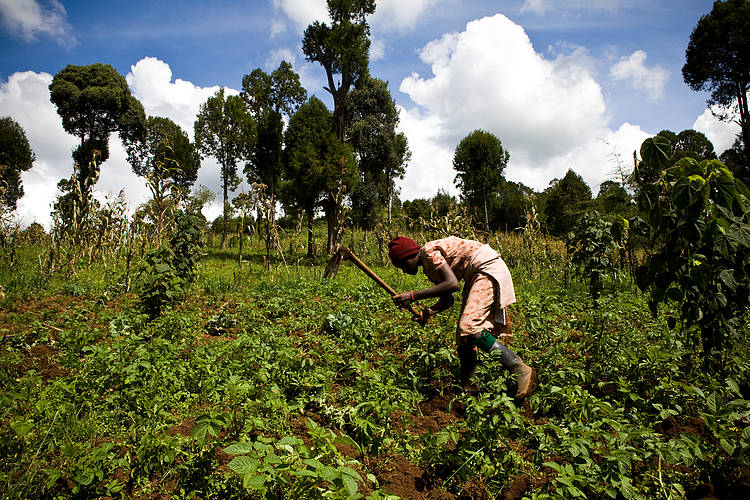
Nature-Positive Production
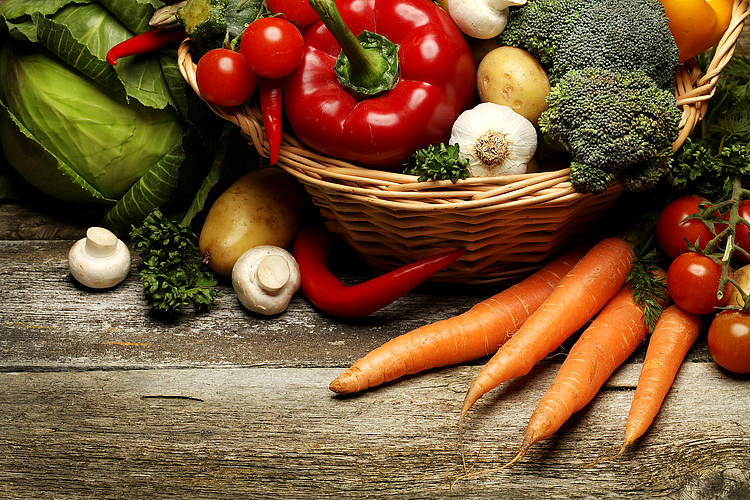
Healthy and Sustainable Diets
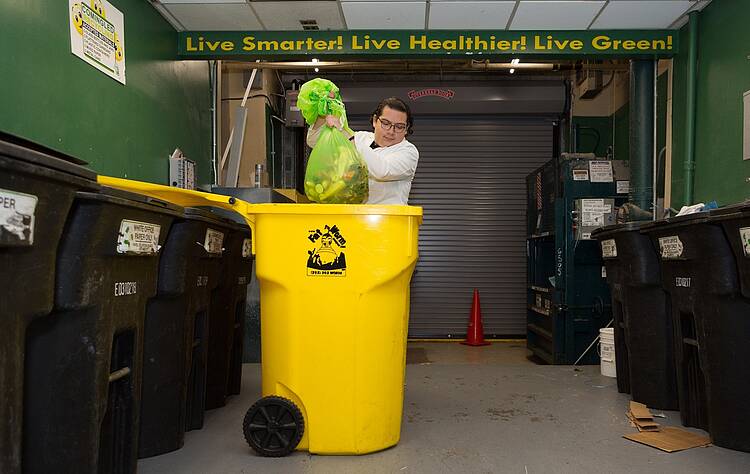
Food Loss and Waste
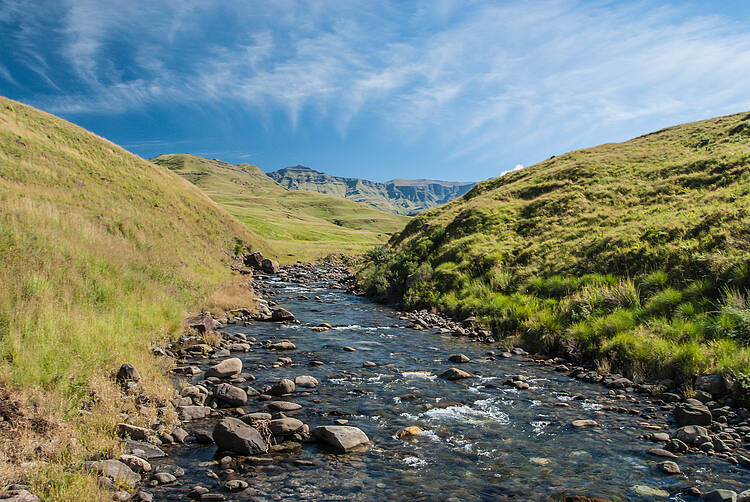
Grasslands and Savannahs
Alongside national governments, there are many different groups who drive action on the ground. We work with food producers, businesses, individuals, cities and more to deliver action on the ground. This is a sample of the programmes run across multiple countries.
Our experts from around the world work together to tackle the global food, nature and climate crises. Leading the team is João Campari, who, in roles ranging from working in his home country Brazil’s Ministry of Environment to international agencies such as the World Bank, has sought to balance agricultural production and food systems with conservation. Learn more about Joao and our specialists in policy, science and key areas of our work.
